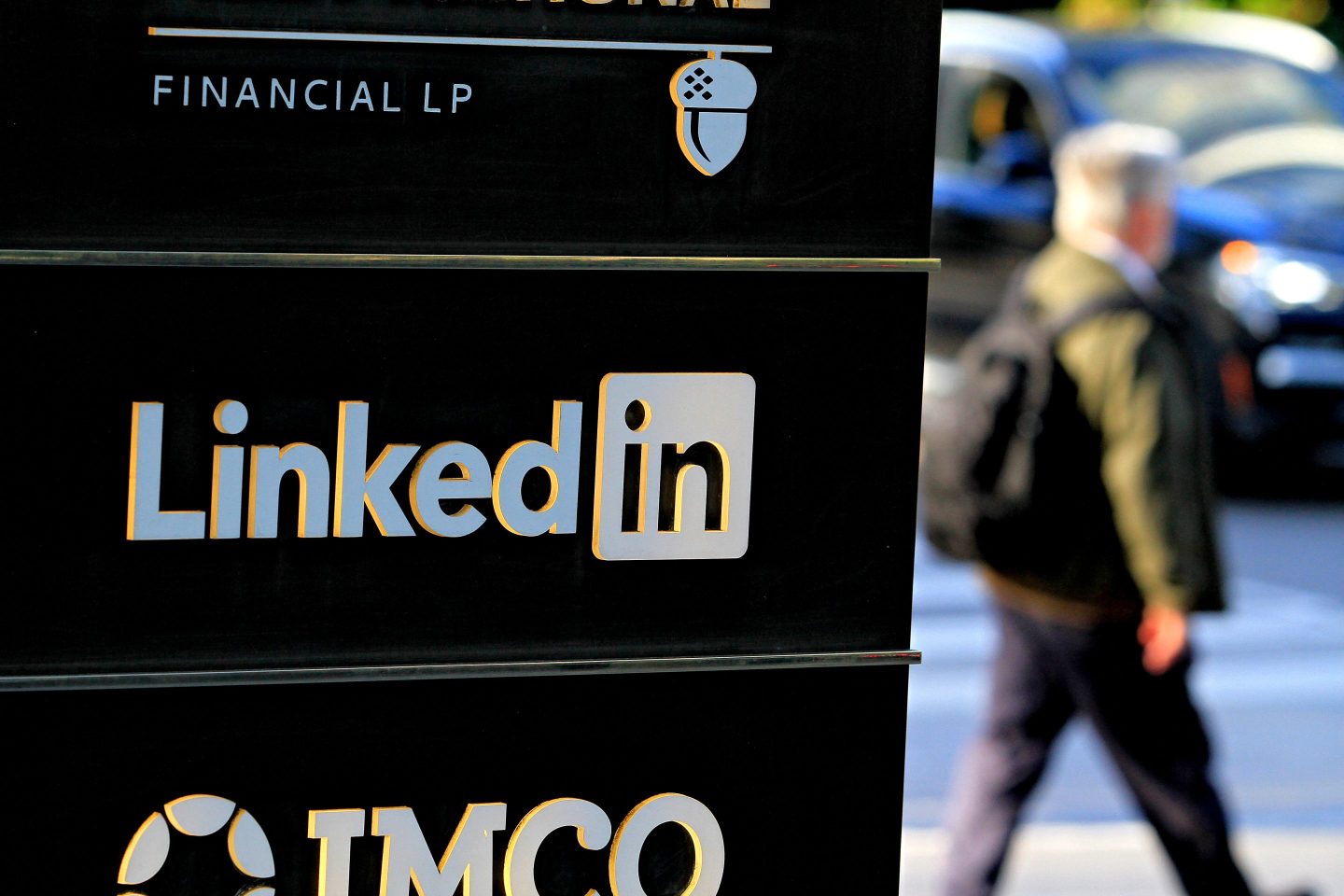AI continues to ripple through the corporate world, with bosses eager to boost productivity and workers equally eager for tools that make their jobs easier. But as many AI pilots flop, the demand for employees who can actually apply the technology effectively has never been higher.
That’s why Cisco is leaning on its workforce rather than cutting it. Unlike peers such as Amazon, Microsoft, and Accenture—who have trimmed staff—Cisco is investing in skilling up the employees it already has.
“I don’t want to get rid of a bunch of people right now,” CEO Chuck Robbins said to CNBC in August. “I don’t want to get rid of engineers. I just want our engineers we have today to innovate faster and be more productive.”
In practice, that’s meant in part giving developers access to AI coding assistants like Cursor, Windsurf, and GitHub Copilot. Already, about 70% of the company’s 20,000 developers log in to AI coding tools at least once a month, and nearly a quarter of the company’s code is AI-generated—up from just 4% a year ago, according to Fletcher Previn, Cisco’s chief information officer.
Internally, Cisco leaders are expected to pursue AI learning, in part because employees whose managers use AI are twice as likely to adopt it themselves, Scott McGuckin, Cisco’s global head of talent acquisition, told Coins2Day. And for those who do embrace the technology, the benefits are obvious.
“While I haven’t placed any mandatory AI training on my immediate team, I highly expect them to be taking advantage of the AI tools and courses available in the company,” McGuckin said. “Those who do, show me their creativity, productivity, and strategic thinking.”
How Cisco is rethinking the hiring process
While tech companies are expected to slow their hiring as AI makes existing roles more productive, McGuckin said the war for talent remains competitive—and AI adoption is a top market differentiator.
“For technical hires today, we look for relevant coding and engineering skills, which vary. Some of our coveted AI skill sets lie in AI and machine learning foundations and data science. Having these hard skills are a baseline to most applied roles,” he added.
When push comes to shove, what really moves the needle in the hiring process is showing knowledge of AI in context, like responsible AI, ethics in bias detection, and explainability, McGuckin said.
But for entry-level talent, that doesn’t mean you even need a degree. Demonstrating skills through coursework, research, or independent projects is often enough. In fiscal year 2023, 30% of Cisco’s entry-level hires were degreeless—something the company plans to expand upon.
Cisco’s efforts are part of an industrywide movement to upskill workers for the AI era. In a recent report from the AI Workforce Consortium—led by Cisco and joined by Accenture, Eightfold, Google, IBM, Indeed, Intel, Microsoft, and SAP—it was found that seven out of 10 of the fastest-growing information and communications technology jobs were AI-related.
The group also published a catalog of nearly 250 learning recommendations and an AI skills glossary to help workers navigate how to stay competitive in their field.
Shifting hiring practices
Still, AI’s arrival hasn’t been without headaches. The hiring process has been infiltrated by fake candidates, often tied to North Korea. One report found that the number of companies that hired North Korean software developers grew a staggering 220% in the past year.
Broadly speaking, McGuckin said Cisco has made vigilance a priority, increasing verification steps during the hiring process, including enhanced background checks that may involve an in-person component.
“We want to assure all our applicants that there’s nothing they need to do differently when applying through Cisco’s talent portal—they are not losing out to fake candidates,” he said. “We feel the onus is on us, or employers at large, to create a safe and trustworthy candidate experience.”
For Cisco, the challenge is straightforward: keep pace with AI’s rapid acceleration while making sure the people building it are both skilled—and real.












